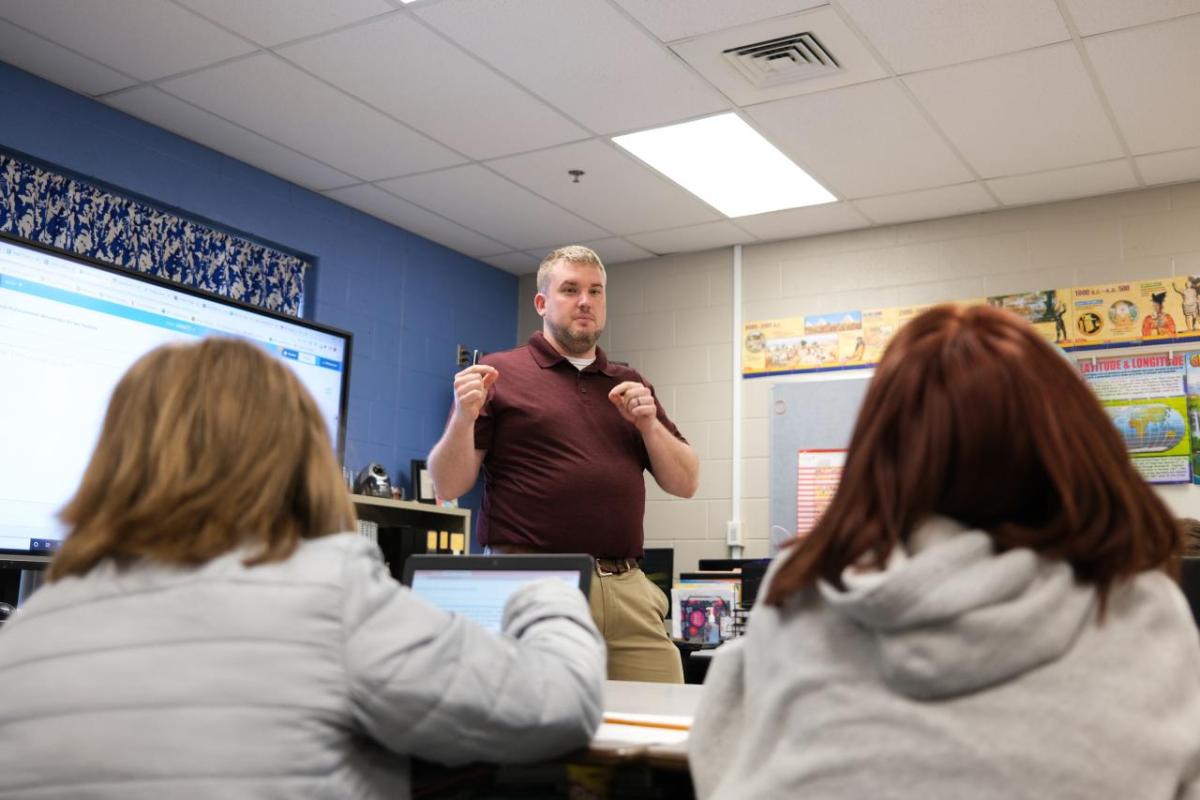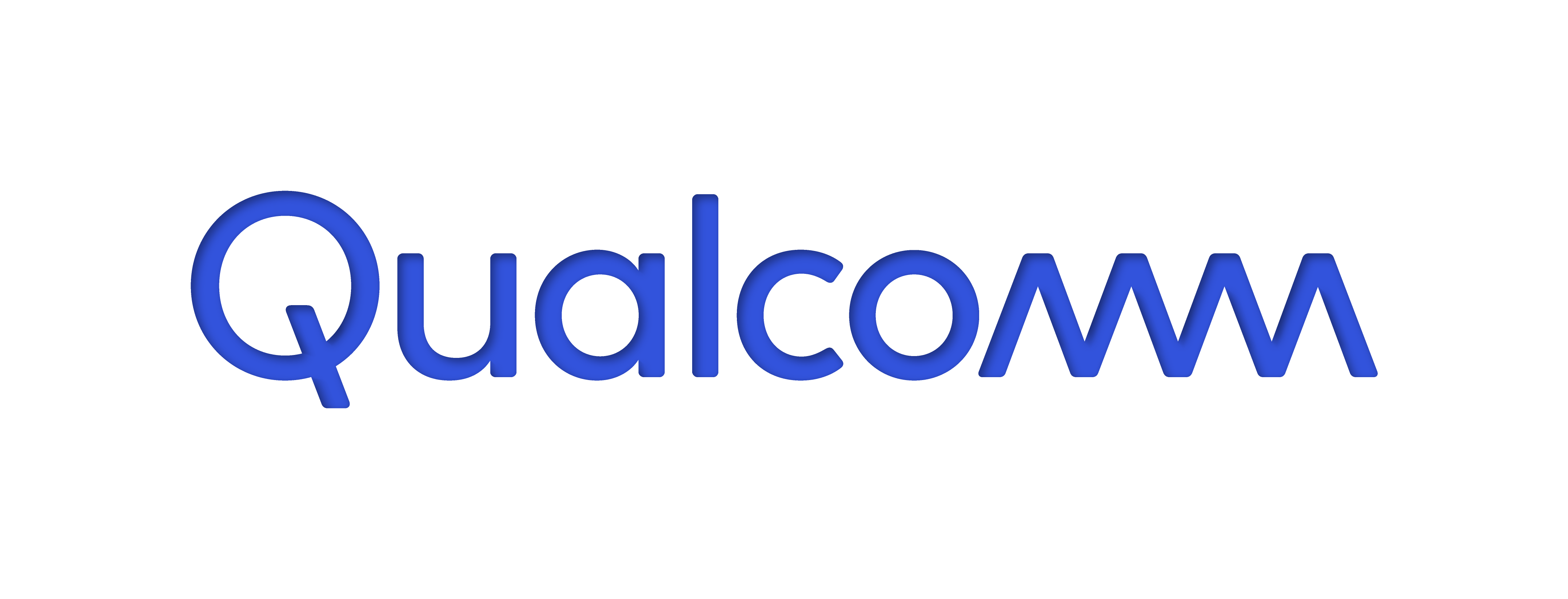Qualcomm Wireless Reach Supports STEAM Mobile Learning in Kentucky

The University of Kentucky College of Education, the Southeast South-Central Educational Cooperative, Project Tomorrow and four K-12 school districts have collaborated to support enhanced STEAM learning experiences for more than 1,100 K-12 students in the Appalachia region of Kentucky for the past six years. The program, funded by a grant from Qualcomm through its Qualcomm® Wireless Reach™ initiative, incorporates mobile devices for students, teachers and pre-service teachers along with high-quality educational content. Students and teachers use tablets and always on, always connected laptops enabled by Qualcomm’s technologies. Understanding the need to build sustainability around effective digital learning practices, this public-private collaboration focuses on helping both practicing and pre-service teachers develop stronger competence with mobile technologies and supporting school and district leaders with capacity-building experiences.
To support these goals, the program convened the first Taking Learning Mobile for All Symposium this spring in Corbin, Kentucky, to share the research findings and stimulate new discussions about how to close the digital divide in Kentucky. Attending the event were K-12 district superintendents, directors of technology, school principals, digital learning coaches from across the Appalachia region and university faculty responsible for preparing future teachers. Through a series of panel discussions, participating teachers and administrators shared their insights about how mobile devices with enhanced Internet connectivity have helped students become more effective learners and develop skills needed to drive their future success. One symposium participant noted the rich panel discussions ``validated for me the important role of teachers as designers of effective learning experiences for their students.” University of Kentucky pre-service teachers also shared how they use mobile technology to improve their clinical practice in schools, shaping them into the kinds of tech-savvy teachers they will be when they have their own classrooms and students.
Symposium facilitators, Dr. Lu Young from the University of Kentucky and Dr. Julie Evans from Project Tomorrow, led participants in a workshop exercise to explore new solutions for closing the digital divide for all students in Kentucky. Ranging from state policy considerations to deeper local connections with their students’ families, the ideas generated at the Symposium provided inspiration for follow-up activities. All participants shared their plan to use ideas generated to support more effective learning environments in their schools and communities in the 2023-24 school year.

